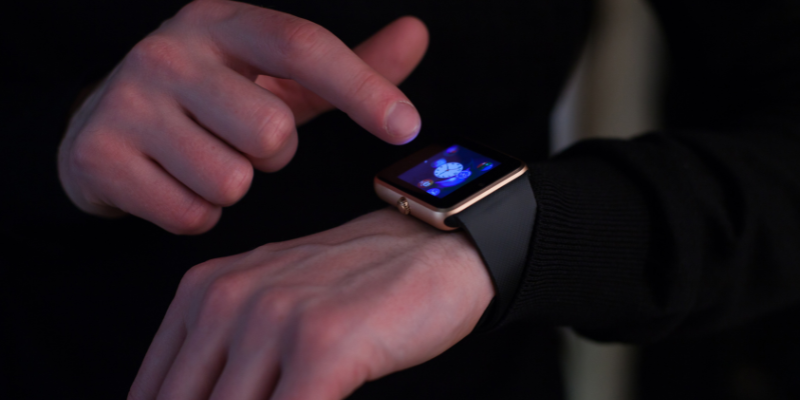
A recent cross‑sectional survey published in the Journal of Medical Internet Research (JMIR) explores the key factors influencing continuous smartwatch usage and how comfortable users are sharing health data with different entities such as physicians, public health authorities, and private companies.
Led by colleagues at University College Cork, the study surveyed a diverse sample of smartwatch users to uncover motivations and concerns shaping their digital health behaviours. This research was in collaboration with team members from Imperial College London (UK), UCLA (USA) and the HAN University of Applied Sciences (Netherlands).
This study aimed to understand not only what keeps users engaged with their smartwatches over time, but also their willingness to share collected health information and with whom.
Key findings highlight a balance between the benefits of smartwatch data, such as personalised health insights and enhanced clinical care, and concerns around privacy, trust, and data misuse.
Users tend to feel most comfortable sharing data with healthcare providers, less so with public health authorities, and even less with private sector companies, underscoring the importance of transparent guidelines and trustworthy data governance frameworks.
As smartwatches become more integral to daily health monitoring, understanding user preferences is vital. These insights can help device manufacturers, healthcare systems, and policymakers tailor communication strategies and privacy safeguards that respect user comfort levels.
The study’s implications extend to shaping future wearable health technologies, fostering user trust, and enabling ethically sound data sharing practices that support both individual and public health goals.
Paper link: https://lnkd.in/eUN58MjS

